'Staggering array' of 'witches marks' discovered
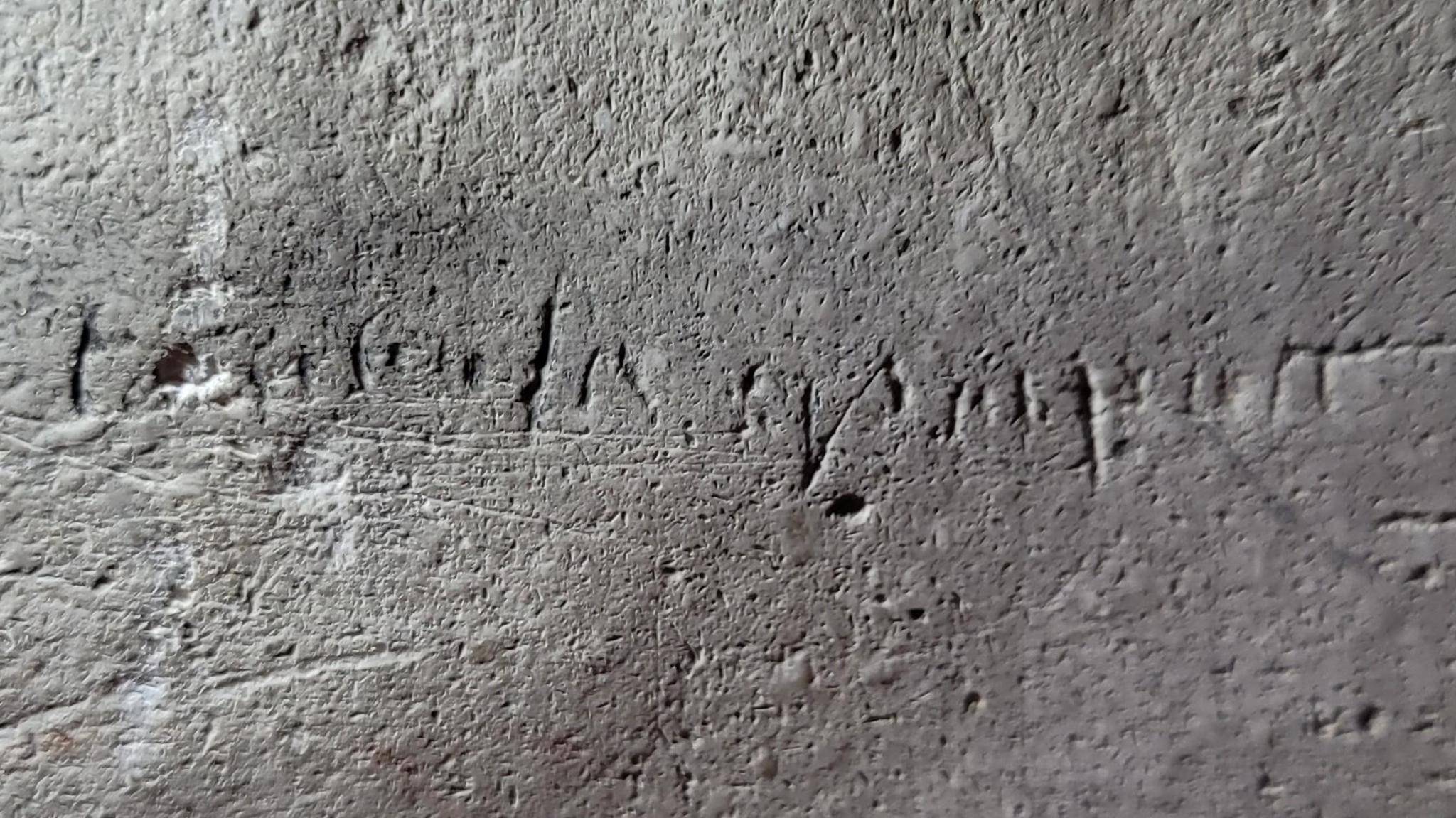
One hundred burn marks, which are believed to protect against fire, were found at Gainsborough Old Hall
- Published
A "staggering array" of "carved rituals" and "witches marks" have been discovered at a heritage property.
English Heritage said the discovery of the marks at Gainsborough Old Hall in Lincolnshire was "one of the most identified" at any of its 400 sites.
About 20 carvings have been found etched into the walls, some of which are believed to trap demons and call on the Virgin Mary for protection.
The charity's head of collections, Kevin Booth, said: “It is astonishing that, centuries on, the amazing old buildings in our care still have secrets waiting to be discovered."
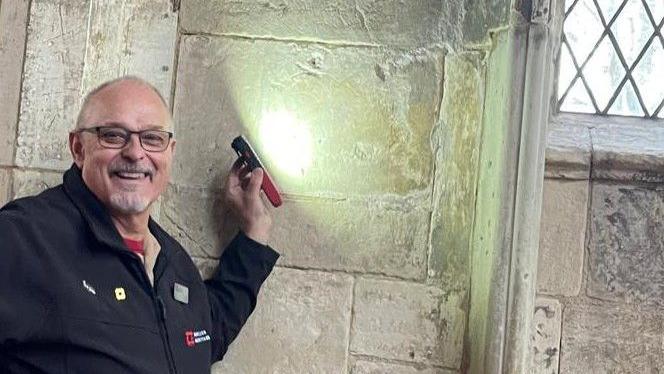
English Heritage volunteer Rick Berry has found a “staggering array" of "carved ritual protection” marks
The carvings have been mapped at the Tudor property over the past two years by English Heritage volunteer Rick Berry.
His research revealed “rare curse inscriptions” which English Heritage believes must have been made around the time William Hickman owned the hall.
In one inscription, Hickman’s name is written upside down.
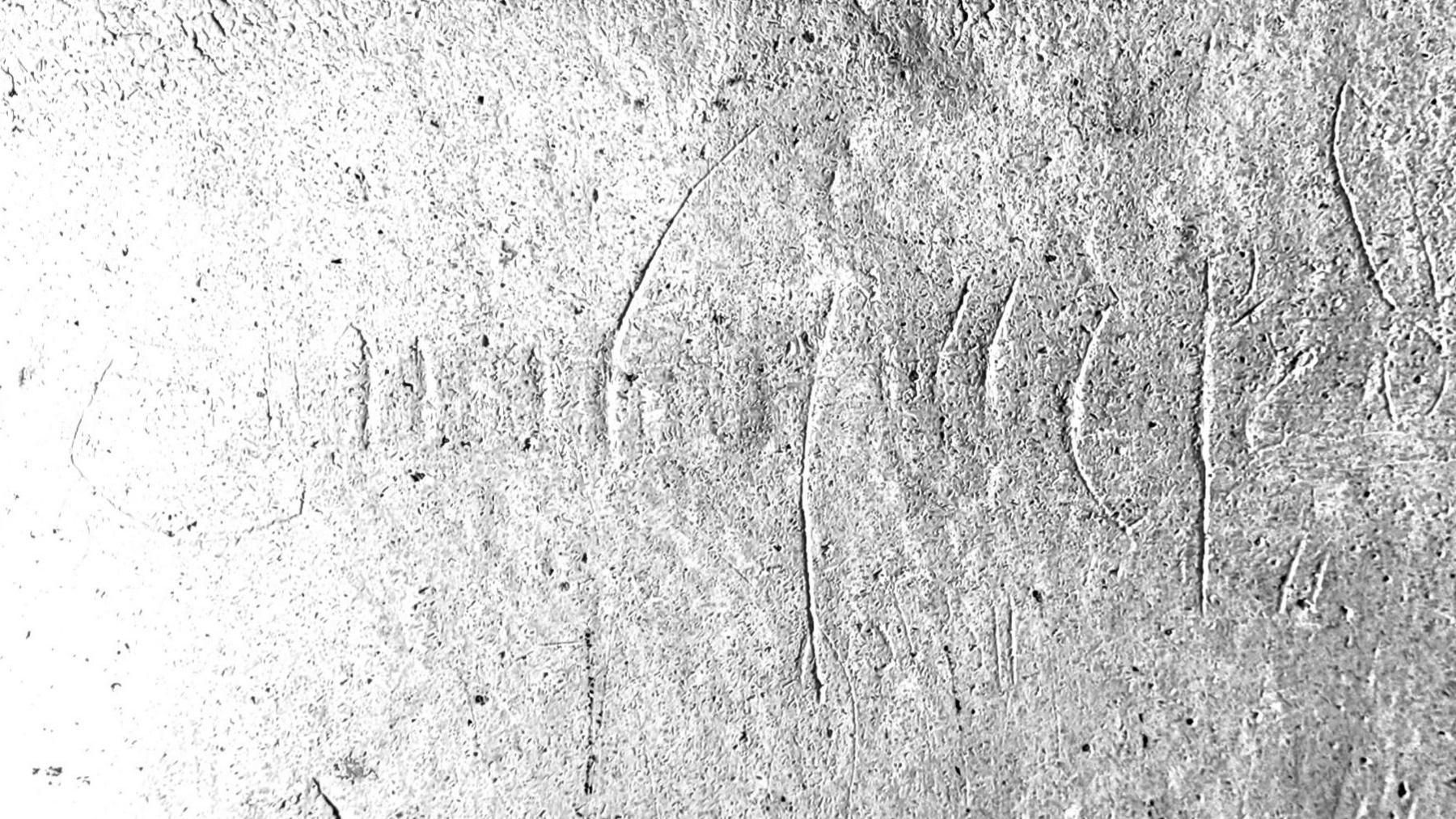
Gainsborough Old Hall was sold to London merchant William Hickman in 1596
English Heritage said: “The practice of defacing a name was widely believed to curse the named person.”
According to the charity, a curse has not been seen before at any of its sites.
Marks were also found in the hall’s servants’ wing by Mr Berry.
English Heritage said there were "inscriptions believed to trap demons and Marian marks, which are believed by some to call on the Virgin Mary for protection", while a pentangle was also found.
“Despite modern connotations, it was originally used to protect against evil," it said.
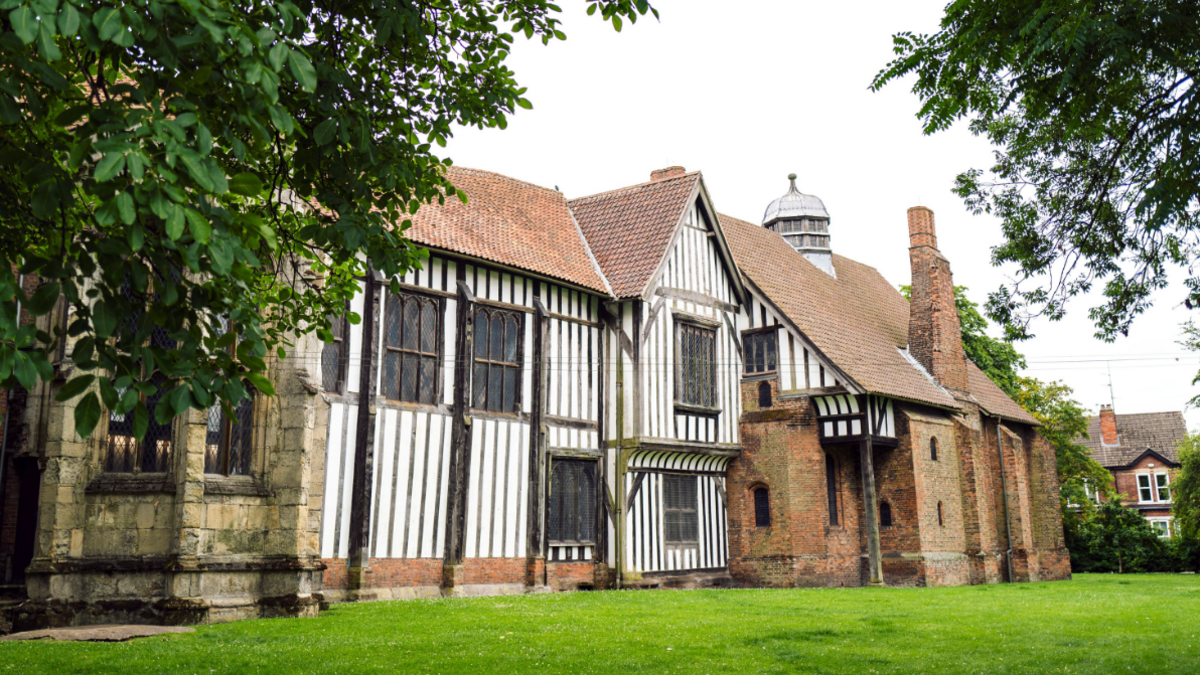
Gainsborough Old Hall was built by Sir Thomas Burgh between 1460 and 1480
As well as carvings, about 100 burn marks were found at the hall.
English Heritage said the marks were once believed to protect against fire.
Mr Booth said: “The Old Hall has undoubtedly had a tumultuous past, not least under the ownership of the apparently unpopular William Hickman.
“But why it’s the scene of a high concentration of protective carvings remains a mystery."
Listen to highlights from Lincolnshire on BBC Sounds, watch the latest episode of Look North or tell us about a story you think we should be covering here, external.
Related topics
- Published18 January 2024
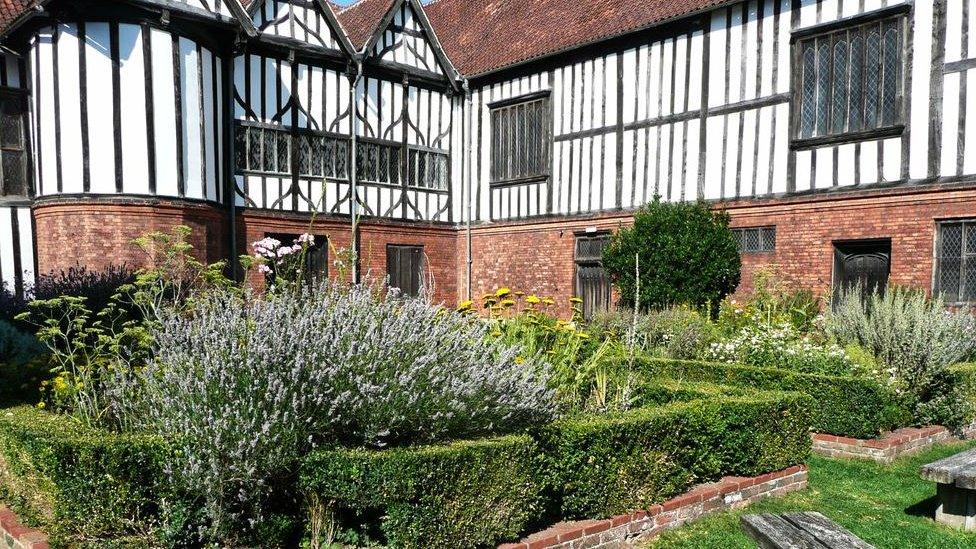
- Attribution